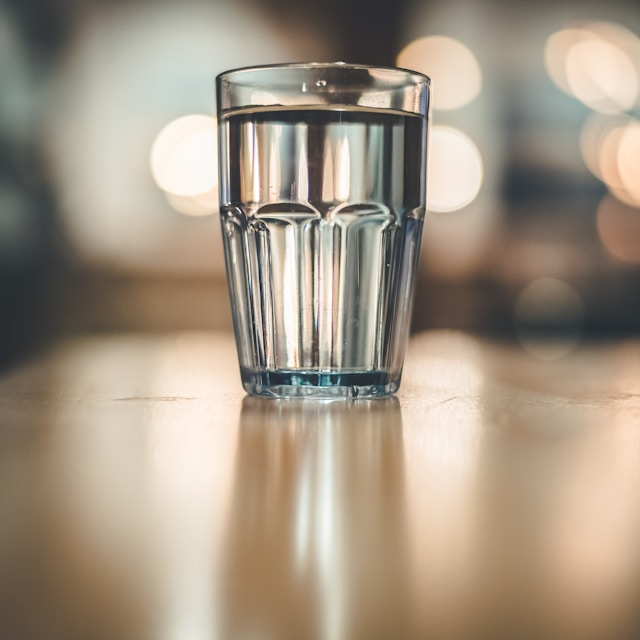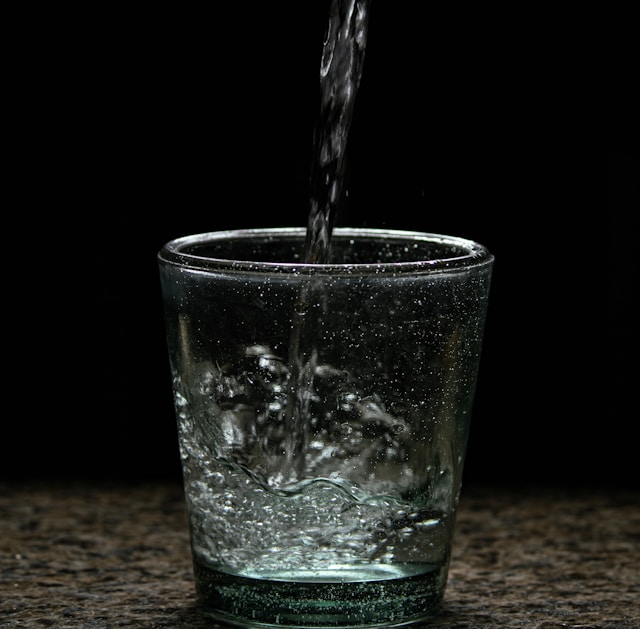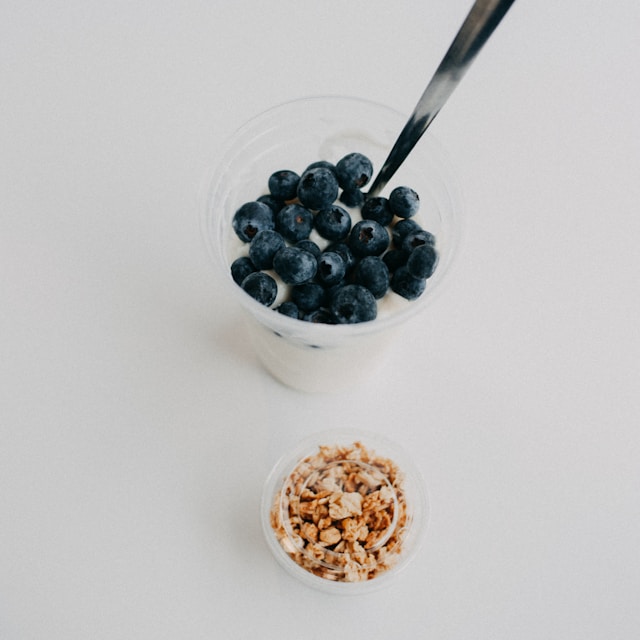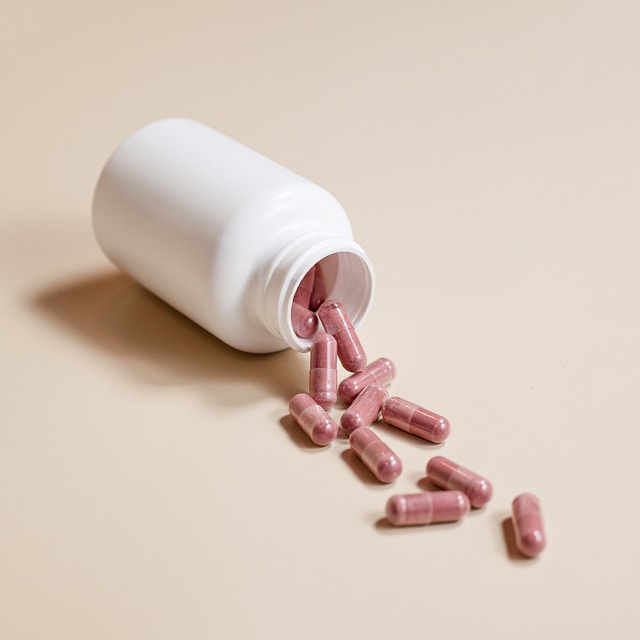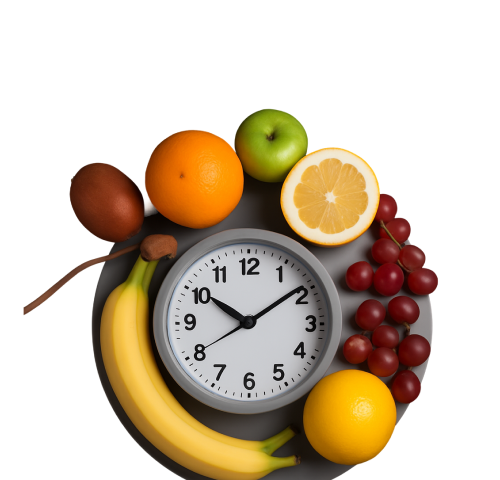72-Hour Longevity-Focused Water Fast Routine
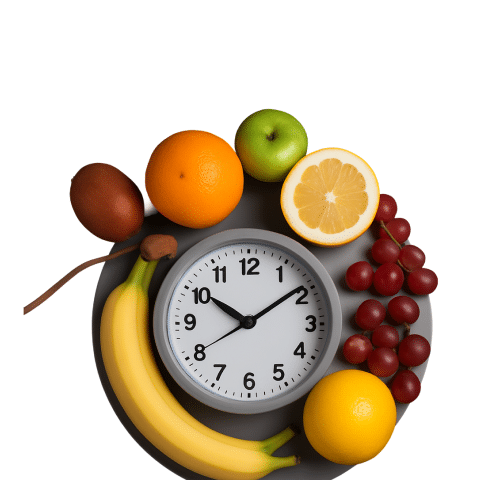
Managing Energy and Hydration Levels Effectively
A 72-hour water fast is a powerful method to support longevity, enhance cellular renewal, and reset metabolism. By stimulating autophagy, the process through which your body recycles and replaces damaged cells, this fasting routine can significantly boost overall health and vitality. The following structured guide will provide clear daily instructions, supportive supplements, and practical tools to maximize the benefits of your 3-day water fast.
- Last Updated: January 6, 2026
-
-
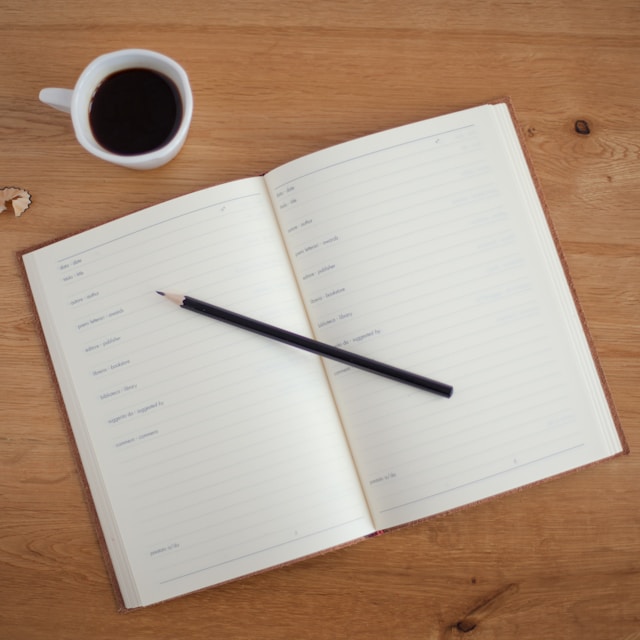
Pre-Fast Preparation
Proper preparation is crucial for successfully completing a 72-hour fast. Gradually easing into fasting helps prevent abrupt metabolic stress, reduces discomfort, and optimizes results.
- Gradually reduce meals: Two to three days before fasting, reduce portion sizes and skip one meal per day. Gradual calorie reduction prepares your metabolism for extended fasting without triggering extreme hunger.
- Avoid late-night eating: Eliminate all food after dinner during the days preceding your fast. Extending overnight fasting periods primes your metabolism to transition smoothly into prolonged fasting.
- Increase hydration: Drink 2–3 liters of mineral-rich or spring water daily leading up to your fast. Optimal hydration supports electrolyte balance, reduces fatigue, and helps prevent fasting-related headaches.
- Stock up on supplies: Prepare essentials such as filtered water, electrolyte supplements, organic bone broth, amino acids, and sea salt. Having everything ready beforehand removes the stress of last-minute shopping.
- Reduce intense exercise: Limit strenuous activities and replace them with gentle walking, yoga, or stretching. Conserving energy prevents unnecessary physical strain before your fast begins.
- Plan ample rest: Clear your schedule of demanding activities or stressful events. Rest and adequate sleep are vital to helping your body adapt comfortably to fasting conditions.
Meticulous preparation sets the foundation for a smoother, safer, and more beneficial fasting experience, significantly easing your body into the fasting state.
-
Day 1 – Transitioning into the Fast
Day 1 marks the beginning of your fasting journey. It’s about gently signaling your body to shift into ketosis and autophagy without abrupt metabolic shock.
- Eliminate solid food: Completely stop consuming solid meals, clearly indicating your body must start mobilizing stored fat for energy.
- Consistent hydration: Drink approximately 2 liters of mineral-rich water, spread evenly across morning, afternoon, and evening. Good hydration boosts energy and mental clarity during fasting.
- Morning amino acids (optional): Take a scoop of essential amino acids to protect muscle mass and reduce initial hunger without significantly breaking your fast.
- Midday bone broth (optional): A modest serving of organic bone broth provides hydration, electrolytes, and protein to gently manage hunger during the initial transition.
- Evening bone broth (optional): Another small serving around early evening (if needed) further stabilizes hydration and mineral balance, easing discomfort during the first day.
- Avoid other calories strictly: Restrict calorie intake strictly to water, bone broth, and amino acids. Avoid snacks, sweeteners, or calorie-containing beverages.
The gentle approach on Day 1 comfortably transitions your metabolism into fasting, laying the groundwork for deeper cellular renewal and repair.
-
Day 2 – Deep Autophagy and Detoxification
Day 2 fully engages autophagy, marking the deeper, transformative phase of your fast. Expect greater physical and mental challenges but also enhanced detoxification and cellular repair.
- Strict water-only fasting: Eliminate all food, broth, supplements, and calories, drinking about 2–3 liters of mineral-rich water throughout the day to maintain hydration and support internal cleansing.
- Expect lower energy levels: Commonly, energy dips occur as your body shifts entirely to ketones for fuel. Mild headaches, brain fog, or fatigue may occur—indications of metabolic adjustment and cellular detoxification.
- Minimal physical exertion: Avoid physical strain entirely. Only gentle movements like short walks or stretching are appropriate. Conserving energy maximizes your body’s internal renewal processes.
- Prioritize restful sleep: Deep restorative sleep (at least 8–9 hours) enhances your body’s ability to effectively detoxify and repair tissues, making restful sleep crucial during this fasting phase.
- Monitor your body closely: Pay attention to your body’s signals, resting and hydrating whenever needed. Mild discomfort is expected; however, significant symptoms like dizziness or nausea should prompt immediate rest or breaking the fast.
Day 2 solidifies your body’s shift into deep fasting, significantly enhancing cellular cleanup and promoting long-term health and longevity benefits.
-
Day 3 – Maximizing Cellular Repair
By Day 3, your body is fully adapted, with peak autophagy and optimal metabolic shifts. Increased mental clarity and improved energy often mark this phase.
- Increase hydration slightly: Drink around 3 liters of mineral-rich water, adding a pinch of natural sea salt to each glass to balance electrolytes, preventing dizziness or weakness.
- Optional morning amino acids: If protecting muscle mass is a priority, one scoop of amino acids in the morning is acceptable without severely impairing ketosis or autophagy.
- Maintain strict fasting: Avoid any broth or calorie-containing beverages to maintain deep ketosis and peak autophagy, maximizing cellular renewal benefits.
- Enhanced cognitive clarity: Many experience heightened mental clarity and a calm, sustained energy state due to efficient ketone utilization.
- Limit physical activities: Remain conservative in your movements, focusing solely on gentle yoga, slow walks, or stretching, prioritizing rest and internal renewal processes.
- Listen to your body: Pause immediately if severe weakness or faintness occurs. Slow hydration and rest will typically resolve mild symptoms.
Completing Day 3 ensures maximum cellular repair, autophagy, and metabolic rejuvenation, marking significant progress toward enhanced longevity and wellness.
-
Breaking the Fast
Breaking your fast carefully is critical. Reintroducing foods gently prevents digestive disturbances, solidifies metabolic benefits, and supports long-term health gains.
- Reintroduce nutrients gently: Begin with easily digestible foods such as bone broth, yogurt with berries, smoothies, or diluted juices to comfortably restart your digestive enzymes.
- Small portions initially: Consume small amounts, allowing your digestive system to gradually reactivate, avoiding bloating or discomfort.
- Slow dietary progression: Gradually introduce nutrient-rich foods throughout the day, increasing portion sizes gently and monitoring your body’s reactions closely.
- Continue hydration and electrolytes: Maintain optimal hydration with mineral-rich water and electrolyte supplementation to stabilize metabolism and electrolyte balance.
- Avoid overeating: Eat mindfully, stopping once satisfied, preventing digestive upset or discomfort. Focus on nutrient-dense whole foods to prolong fasting benefits.
Properly ending your fast solidifies your health reset, supporting digestion, metabolism, and longevity benefits.
-
Supplements to Support the Fast
Carefully chosen supplements during fasting significantly improve comfort, safety, and effectiveness without notably reducing fasting benefits.
- Mineral-rich spring water: Supplies essential electrolytes, maintaining hydration, energy, and preventing common fasting-related issues.
- Natural sea salt and electrolytes: Prevent dizziness, headaches, or cramps by balancing sodium and other electrolyte levels naturally depleted during fasting.
- Essential amino acids (limited): Offer muscle-sparing benefits without severely impairing ketosis or cellular renewal processes, making fasting safer and easier.
- Organic bone broth (Day 1 only): A gentle nutritional aid easing initial fasting hunger and supplying vital minerals, collagen, and hydration support.
- Black coffee (optional): One cup daily can boost mental clarity, curb hunger, and enhance metabolic adaptation without significantly breaking fasting conditions.
- Hydrogen-infused water (optional): Offers additional antioxidant and hydration support, potentially reducing inflammation and improving nutrient absorption.
Strategically chosen supplements provide vital support during fasting, optimizing your experience and enhancing health outcomes.
-
Additional Practices to Support Fasting
Incorporating complementary lifestyle practices can significantly enhance fasting benefits, aiding detoxification, circulation, mental clarity, and overall wellness.
- Sauna and heat therapy: Supports detoxification, cardiovascular health, stress reduction, and overall relaxation during fasting.
- Cold exposure: Brief cold showers or ice baths stimulate metabolism, enhance resilience, reduce inflammation, and improve mental alertness.
- Grounding and nature exposure: Outdoor time and barefoot grounding lower stress hormones, improve mood, and enhance relaxation, complementing fasting benefits.
- Mindfulness and meditation: Meditation, yoga, or deep breathing exercises significantly reduce stress, improve mood, and support calmness throughout your fasting journey.
- Recovery devices (optional): PEMF mats, massage tools, or infrared therapies enhance circulation, tissue recovery, and relaxation, complementing fasting-induced detoxification.
Incorporating these complementary practices into your fasting routine enriches the overall experience, deepening physical renewal, emotional resilience, and health benefits for enhanced longevity.
Following this comprehensive, longevity-focused 72-hour water fasting routine positions your body for maximal cellular renewal, enhanced metabolic function, and sustained health and vitality.
-
